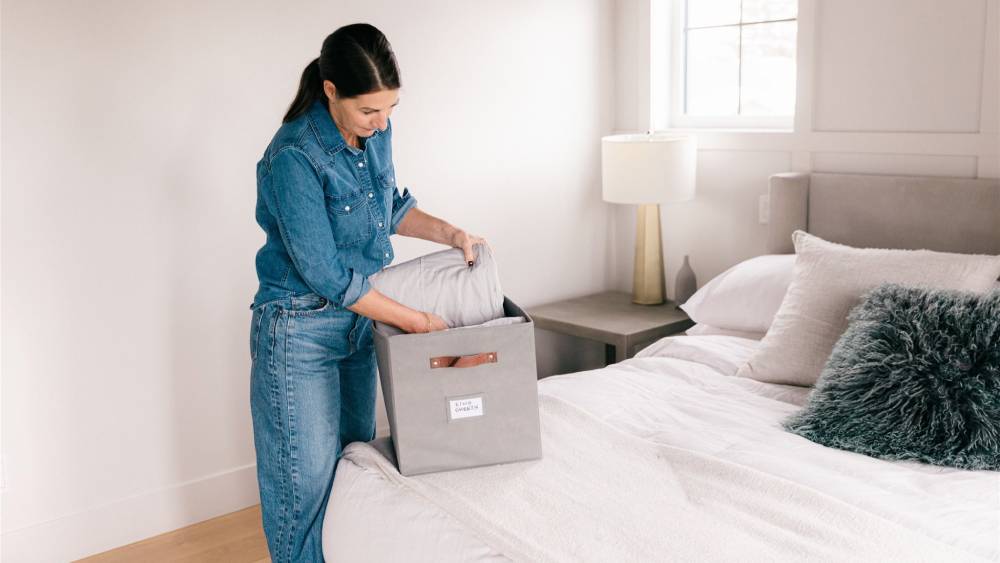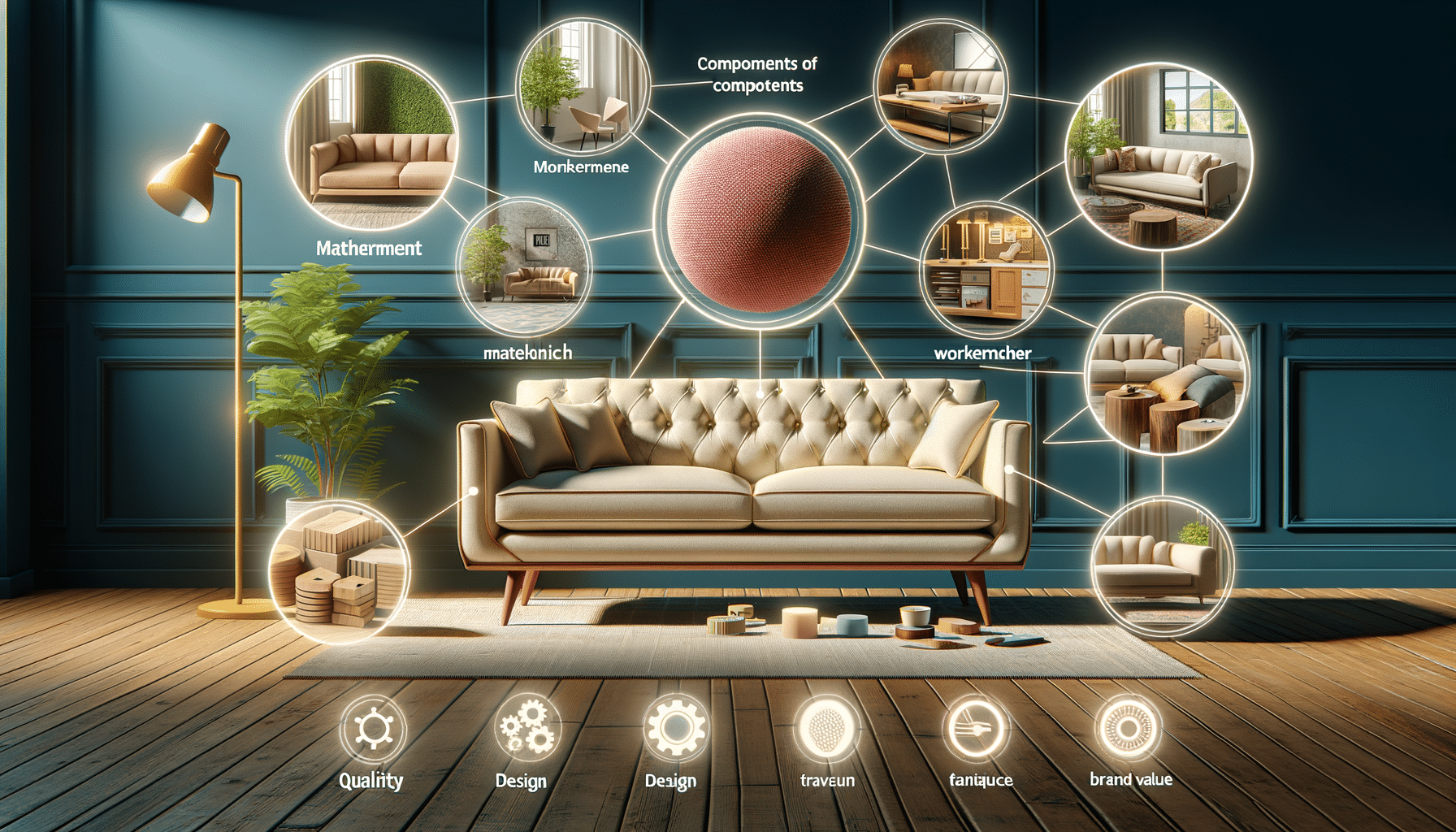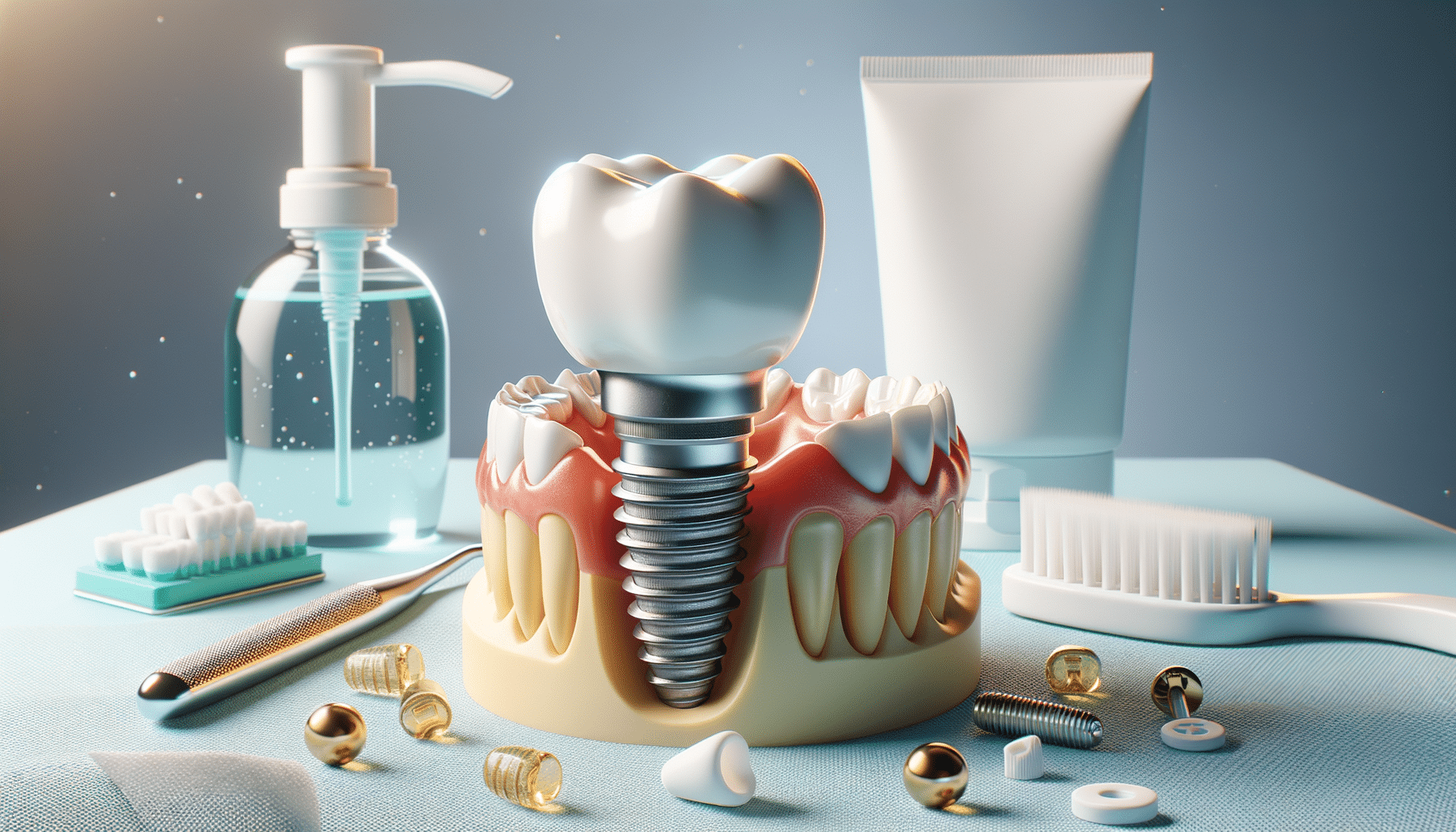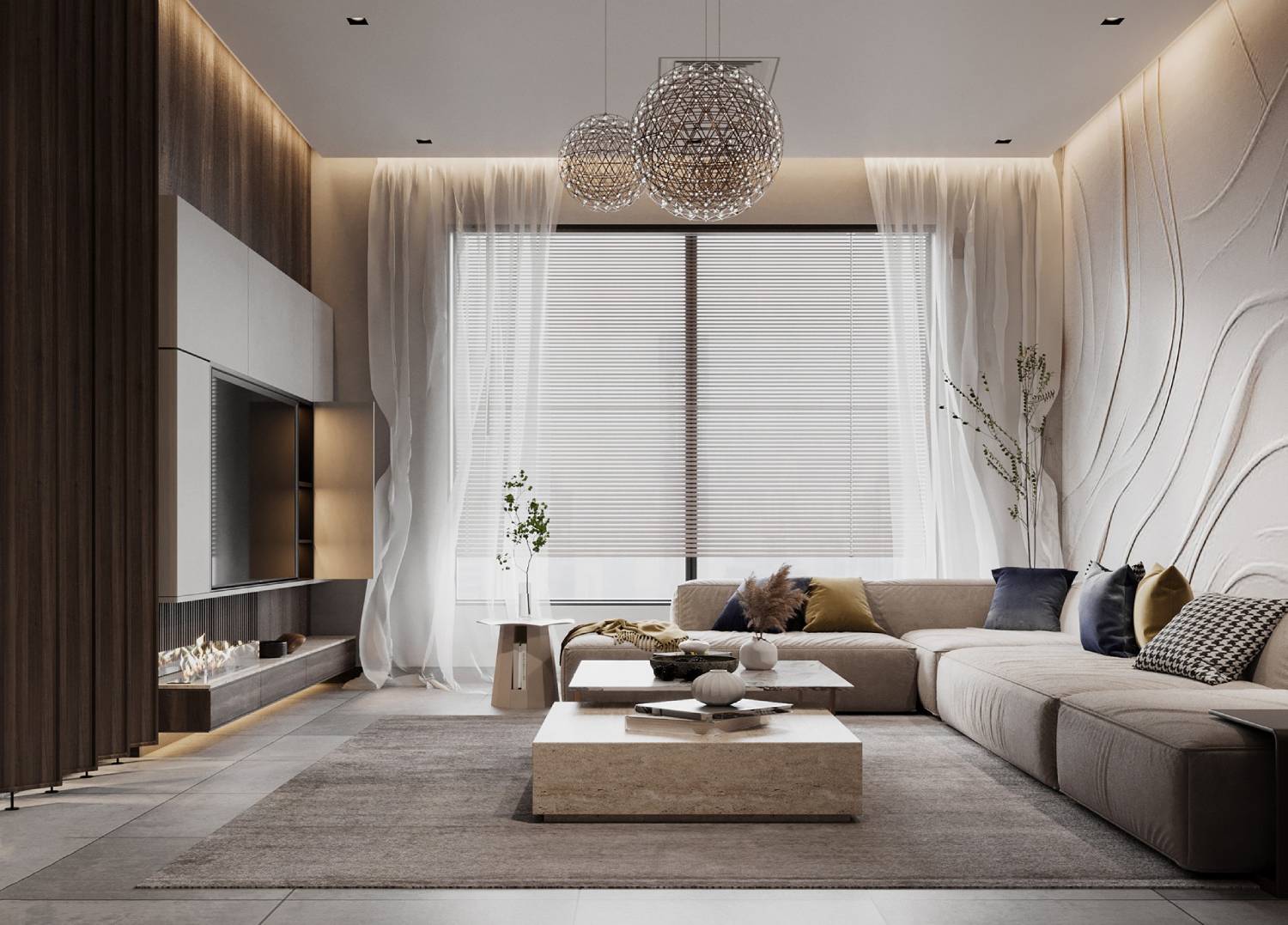
The Science Behind Decluttering & Productivity
In today’s fast-paced world, the concept of decluttering has gained significant attention. Not just as a trend but as a lifestyle choice that promises to enhance productivity and improve mental well-being. A clutter-free focus, minimalism, and efficiency create a mindful workspace. It’s not just about looks. It’s about using a clean and organised space to improve our thinking and boost productivity.
Decluttering is important for more than just our space. It also affects our mindset and emotions. But what does science say about decluttering and its impact on productivity? This blog looks at the science behind decluttering. It shows how decluttering impacts our brain, improves focus, and helps us live more efficiently and mindfully.
Key Benefits of Decluttering: Why It Matters
The Psychological Impact of Clutter
Clutter can be overwhelming. Studies show that a cluttered space can raise stress and lower productivity. The brain is wired to seek order and predictability, and when surrounded by chaos, it struggles to focus. Clutter competes for our attention, making it difficult to concentrate on the task at hand. Constant distractions can cause cognitive overload. This makes the brain less efficient at processing information.
Enhancing Focus Through a Clutter-Free Environment
A clutter-free focus is not just a catchphrase. It is a scientifically backed approach to improving concentration and cognitive performance. Research indicates that a tidy environment can significantly enhance our ability to focus. Removing unnecessary items from our workspace helps our brains focus better. This leads to greater efficiency and productivity.
Minimalism and Efficiency: The Symbiotic Relationship
Minimalism is often associated with efficiency. Living a minimalist lifestyle helps people make quicker decisions. It also eases the mental strain of handling too many belongings. Reducing mental clutter helps clarity and focus. This creates an environment where efficiency can thrive. Minimalism promotes intentional living. Every item in our space has a purpose. This leads to a more productive and fulfilling life.
Creating a Mindful Workspace
A mindful workspace is one that promotes focus, creativity, and well-being. It is a space where distractions are minimised, and the mind is free to explore and innovate. Using mindfulness in our workspace helps boost productivity. We can add natural light, calming colours, and ergonomic furniture. These elements support mental clarity and create a better environment. Mindfulness practices like meditation and deep breathing help us focus better and stay present.
Step-by-Step Guide to Decluttering for Productivity

Step 1: Assess Your Environment
Begin by taking a critical look at your current workspace. Identify areas of clutter and note how they make you feel. Are there items that are no longer serving a purpose? Do certain areas of your workspace evoke feelings of stress or overwhelm? Use this assessment as a starting point for your decluttering journey.
Step 2: Set Clear Goals
Before diving into the decluttering process, set clear goals for what you want to achieve. Do you want to create a more efficient workspace? Are you looking to reduce stress and improve focus? Having a clear vision will guide your efforts and keep you motivated throughout the process.
Step 3: Prioritise and Simplify
Start by prioritising the areas that require immediate attention. Focus on simplifying your environment by removing unnecessary items and organising essential ones. Consider adopting a minimalist approach by keeping only what is essential and meaningful. Remember, the goal is to create a space that supports your productivity and well-being.
Step 4: Organise for Efficiency
Once you have decluttered, organise your workspace in a way that promotes efficiency. Group similar items together and ensure that frequently used items are easily accessible. Use storage solutions that maximise space and keep your environment tidy. A tidy workspace can boost your focus and help you finish tasks better.
Step 5: Incorporate Mindfulness Practices
Incorporate mindfulness practices into your daily routine to maintain a clutter-free focus. Take regular breaks to clear your mind and practice deep breathing or meditation. These practices can lower stress. They also boost your focus, which helps you be more productive and feel better.
Additional Expert Tips & Common Mistakes to Avoid
Expert Tips for Maintaining a Clutter-Free Environment
- Regularly Review and Edit Your Space: Make it a habit to regularly review your workspace and remove items that are no longer needed. This will help keep clutter away and make sure your space stays productive.
- Embrace Digital Minimalism: In today’s digital age, clutter is not limited to physical items. Digital clutter, such as unnecessary files and notifications, can also impact productivity. Regularly clean up your digital space to maintain focus and efficiency.
- Personalise Your Workspace Mindfully: Minimalism is key. Personalising your workspace can enhance comfort and creativity. Choose a few meaningful items that inspire you and contribute to a positive work environment.
Common Mistakes to Avoid
- Over-Decluttering: Decluttering is beneficial. Over-decluttering can lead to a sterile and uninspiring environment. Strive for balance by keeping items that are both functional and meaningful.
- Neglecting Maintenance: Decluttering is not a one-time task. Regular maintenance is essential to ensure that your environment remains organised and clutter-free. Set aside time each week to tidy up and reassess your space.
- Ignoring Emotional Attachments: Decluttering is often emotional, especially with sentimental items. Acknowledge these emotions and make mindful decisions about what to keep and what to let go of.
Advanced Insights & Expert Recommendations

The Neuroscience of Decluttering
Neuroscience shows interesting facts about how our brains handle clutter. It explains the differences in processing information in messy versus neat spaces. Decluttering helps us cut down on distractions. This lets our brains work better. This enhanced focus can lead to improved problem-solving skills and increased creativity.
The Role of Habits in Maintaining a Decluttered Space
Habits play a crucial role in maintaining a decluttered environment. We can create a clutter-free lifestyle by setting up routines and systems for organising and tidying up. Consistency is key, and small, daily actions can have a significant impact on our overall productivity and well-being.
The Impact of Decluttering on Mental Health
Decluttering is not just about physical space; it also has profound effects on our mental health. A tidy environment can reduce stress and anxiety, promoting a sense of calm and control. Creating a space that boosts our mental well-being improves our quality of life. It helps us focus better and be more productive.
Final Thoughts & Call to Action
Decluttering is more than just a trend; it is a powerful tool for enhancing productivity and improving mental well-being. Embracing a clutter-free focus and minimalism helps us work better. Creating a mindful workspace lets us reach our full potential. This way, we can live more intentionally and find fulfilment.
As you embark on your decluttering journey, remember that the process is personal and unique to each individual. Set clear goals. Prioritise your tasks. Also, use mindfulness practices to keep your space clutter-free. This helps you build a space that boosts your productivity and well-being. In turn, this leads to a more efficient and mindful lifestyle.
Are you ready to declutter your space and unlock your full potential? Start your minimalism journey today and experience the transformative power of a clutter-free environment. What steps will you take to create a more productive and mindful workspace? Share your thoughts and experiences in the comments below.


